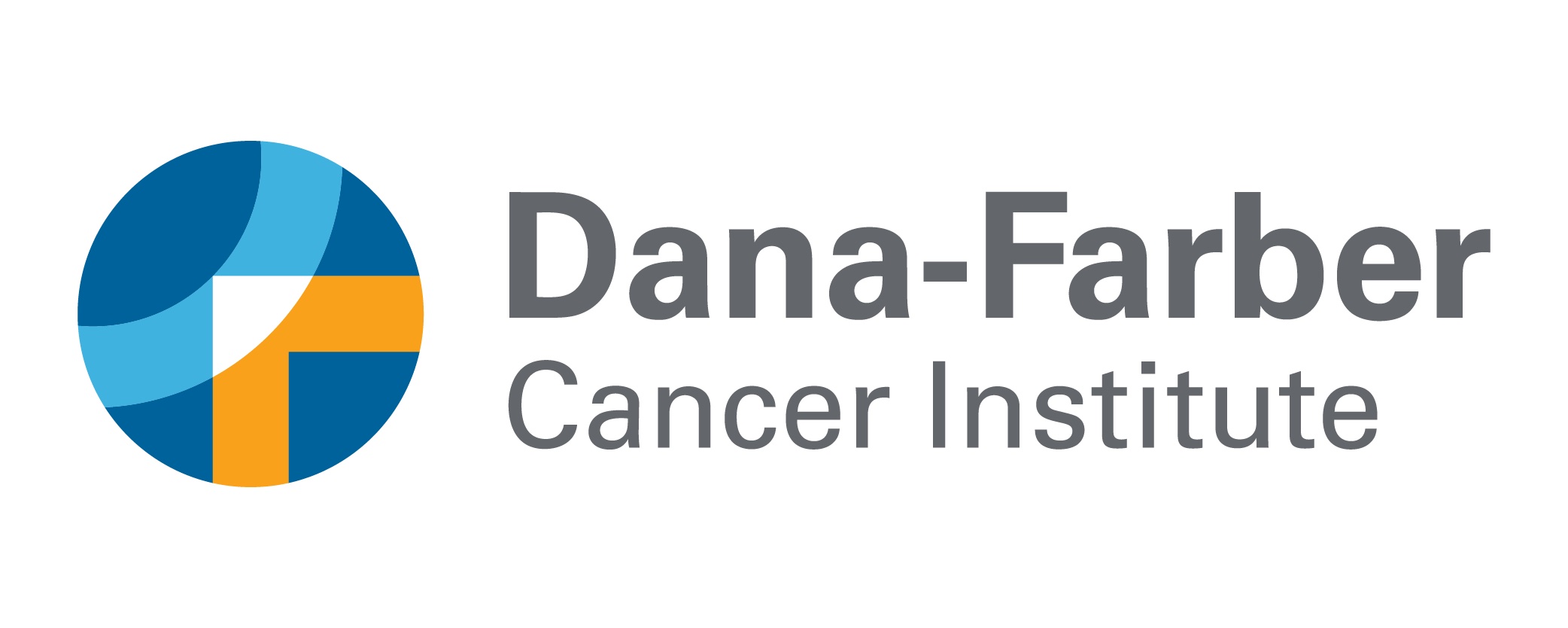- In a study of nearly 200 young women who have survived breast cancer, most of those who tried to conceive were able to become pregnant and give birth
- This study fills in major gaps from previous studies of fertility among breast cancer survivors
Newswise — BOSTON – New research by Dana-Farber Cancer Institute investigators has encouraging news for young women who have survived breast cancer and want to have children.
The study, which tracked nearly 200 young women treated for breast cancer, found that the majority of those who tried to conceive during a median of 11 years after treatment were able to become pregnant and give birth to a child.
The findings, to be presented at the 2024 Annual Meeting of the American Society of Clinical Oncology (ASCO), are particularly noteworthy because they answer several questions left open by previous studies of pregnancy and live-birth rates among breast cancer survivors, the study authors say.
"Earlier studies were limited because they included select subgroups of patients, followed patients for a relatively short period of time, and didn't ask participants, during the study period, if they had attempted pregnancy," says the study's senior author, Ann Partridge, MD, MPH, the founder and director of the Program for Young Adults with Breast Cancer at Dana-Farber. "This study was designed to address those gaps by tracking pregnancy and live birth rates among a group of breast cancer survivors and patients who indicated they'd attempted to conceive following their cancer diagnosis."
The patients in the study were participants in the Young Women's Breast Cancer Study, which is tracking the health of a group of women diagnosed with breast cancer at or under age 40. Of 1,213 eligible participants, 197 reported an attempt of pregnancy over a median follow-up period of 11 years. Within this latter group, the median age at the time of diagnosis was 32 years, and most were diagnosed with hormone receptor-positive breast cancer. Participants were periodically surveyed about whether they had tried to become pregnant and whether they had conceived and given birth.
Over the course of the study, 73% of women attempting to conceive achieved a pregnancy and 65% had a live birth, researchers found. Those who opted for fertility preservation by egg/embryo freezing before cancer treatment tended to have a higher live birth rate, while older participants tended to have lower pregnancy and live birth rates.
Participants in the study had breast cancers ranging from stage 0, which are non-invasive and confined to the inside of the milk duct, to stage III, in which the cancer has spread to the lymph nodes. Researchers found that the stage of the disease at diagnosis wasn't statistically associated with achieving a pregnancy or live birth.
"For many young women with breast cancer, the ability to have children following treatment is a major concern," says the study's first author, Kimia Sorouri, MD, MPH, of Dana-Farber. "The findings of our study can be helpful when counseling patients about fertility issues. The finding that egg/embryo freezing before treatment was associated with a higher live birth rate underscores the need for accessibility to fertility preservation services for this population."
This study was funded by Susan G. Komen and the Breast Cancer Research Foundation.
About Dana-Farber Cancer Institute
Dana-Farber Cancer Institute is one of the world’s leading centers of cancer research and treatment. Dana-Farber’s mission is to reduce the burden of cancer through scientific inquiry, clinical care, education, community engagement, and advocacy. We provide the latest treatments in cancer for adults through Dana-Farber Brigham Cancer Center and for children through Dana-Farber/Boston Children’s Cancer and Blood Disorders Center. Dana-Farber is the only hospital nationwide with a top 10 U.S. News & World Report Best Cancer Hospital ranking in both adult and pediatric care.
As a global leader in oncology, Dana-Farber is dedicated to a unique and equal balance between cancer research and care, translating the results of discovery into new treatments for patients locally and around the world, offering more than 1,100 clinical trials.
###
MEDIA CONTACT
Register for reporter access to contact detailsCITATIONS
ASCO Annual Meeting, June-2024

